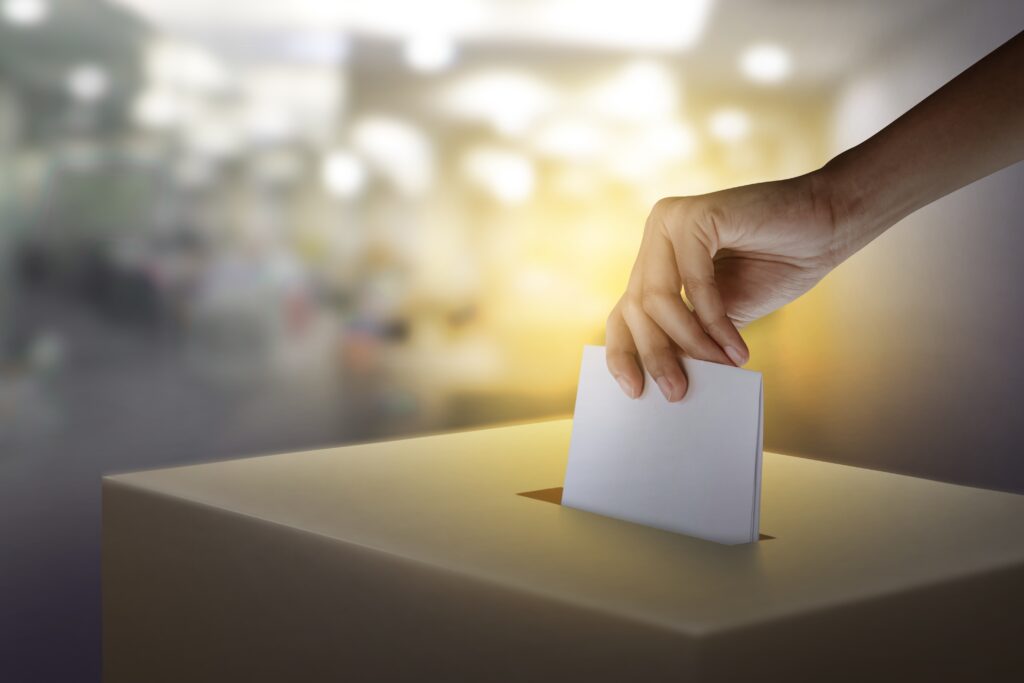Open X or TikTok today, and you’ll likely find two dramatically different narratives about the upcoming presidential election. On one side, some insist Vice President Kamala Harris is headed for a landslide, claiming Trump’s support is slipping, even in traditionally red states, citing fringe polls and so-called campaign insider comments. Florida and Texas, they say, are turning blue. Young voters and women are flocking to the polls, and some believe that astrology even hints at her victory.
On the other side, your feed might suggest that Trump has it locked down. These users point to MAGA hats showing up in California, groups of kids dressed as Trump for Halloween in traditionally blue areas like Philadelphia, and Harris’s lower appeal among some demographics compared to Biden’s performance in 2020. New Hampshire and Virginia are supposedly shifting red, and even Elon Musk is highlighting early voting data to predict a Republican win in Pennsylvania.
With swing-state polls neck-and-neck, social media has become a battleground of extreme predictions, each side convinced of a decisive victory. It’s a response to heightened anxiety and polarization, in which Americans are bombarded with the message that “this election could be the last.” Maps of red and blue flood the platforms, with users confidently declaring landslides for their candidate. While one viral post predicts a Harris blowout, others point to Polymarket’s betting odds as proof of Trump’s edge. On their own, these posts may seem inconsequential—except that TikTok and X algorithms promote content that generates the strongest reactions.
Social media algorithms favor extreme certainty and bold claims, explains Ioana Literat, an associate professor at Columbia University. “A video saying, ‘Polls are too close to call’ won’t get as many likes.” This is partly due to human nature’s aversion to uncertainty: in times of doubt, people gravitate toward the reassuring confidence that their candidate will win.
Other platforms have tried to distance themselves from this divisive political rhetoric. Where Facebook once saw rampant political discourse, Meta has dialed down its focus on news and politics in recent years. It further reduced political content on Instagram, Facebook, and Threads. Despite these efforts, misleading political ads still appear, as reported by ProPublica this week. According to Meta, most flagged Pages were removed, but deceptive content remains an issue.
Meanwhile, X and TikTok have seen their influence grow since the last election. A recent analysis by The Washington Post revealed that since Elon Musk took over X, Republican voices have gained traction and go viral more frequently. The Wall Street Journal reported that new X accounts are often served political content, frequently with a pro-Trump lean. On TikTok, about half of users aged 18 to 29 watch political videos, according to Pew Research, though TikTok has implemented policies to label or deemphasize unverified election claims.
This unwavering confidence online could have troubling effects. “If one side is expecting a blowout and it goes the other way, that can build support for challenging the results,” says Sol Messing of NYU’s Center for Social Media and Politics. Since Musk’s takeover, X has added an “Election Integrity Community” for users to report potential voter fraud or irregularities, though many of the posts primarily express support for Trump. Election officials, however, confirm there’s no evidence of the widespread issues reported on X.
Even as Trump asserts that fraud is the only way he could lose, his social media presence is urging early voting—a shift from his stance in 2020, when he cast doubt on mail-in voting. Harris’s ads call for last-minute donations and turnout, while Michelle Obama emphasizes the closeness of the race. Both campaigns are aware that confident predictions aren’t enough to mobilize their voters.
As the election nears, social media won’t provide clear answers. Reposting election memes may feel empowering, but “this is a period of really high anxiety,” says Literat. “Content that resonates with certainty, hope, or fear spreads faster.” To find relief from election stress, it may be best to log off social media until Tuesday passes.
